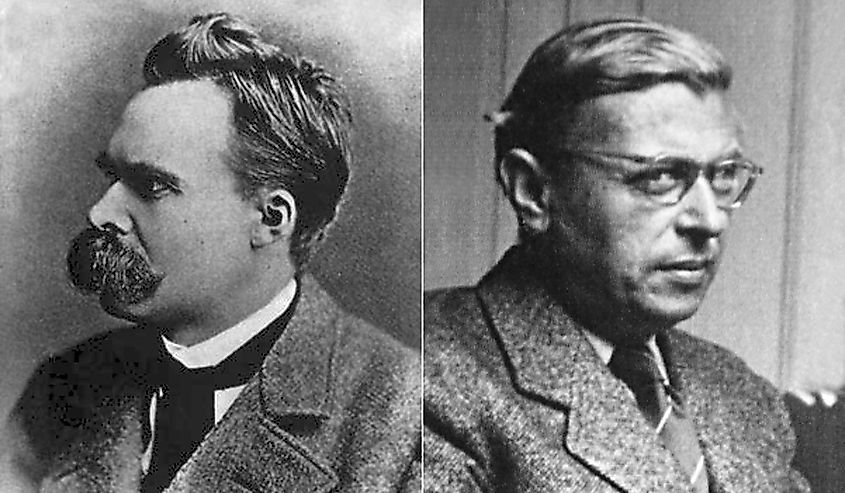

But total self-surrender is self-defeating” (Berlin 1969, 126). There is infinite debate in that “we cannot remain absolutely free, and must give up some of our liberty to preserve the rest. For Locke, the ‘minimal’ area of protected freedom for each individual is a bit broader in that individuals have rights to their property and to the fruits of their labour (Locke 1689). For Hobbes, individuals must surrender all of their rights to the Leviathan under a social contract, except for one fundamental right – the right to self-preservation (Hobbes 1651).

However, they also recognised that a minimum area of human freedom should also be protected in order to allow for the basic human capacities/qualities to develop. Because in the state of nature human goals cannot be harmonised, these classical thinkers assumed that human freedom must be limited by law. Two of these philosophers are Thomas Hobbes and John Locke. They agree on the definition of freedom but disagree about how wide it should be. There are numerous political philosophers who fall under this category outlined by Berlin. Simply being incapable of achieving a goal (such as not being able to fly like a bird or not being able to walk because of an injury) does not count as being un-free in this sense. One only lacks political liberty if he/she is “prevented from attaining a goal by human beings” (Berlin 1969, 122). Key to negative freedom is the notion of non-interference. Carter clearly and concisely explains the distinction “negative liberty is the absence of obstacles, barriers or constraints… Positive liberty is the possibility of acting … in such a way as to take control of one’s life” (2008). In a long and detailed discussion, Berlin then makes the distinction between positive and negative freedom. Why should an individual obey anyone else? May individuals be coerced? Why should we all not live as we like? These are all questions of freedom. He begins with stating that in political philosophy, the dominant issue is the question of obedience and coercion. In political thought, the notion of freedom can be looked at through the lens of Isaiah Berlin’s renowned essay “Two Concepts of Liberty”.

This is an important concept because we must decide whether individuals are free, whether they should be free, what this means and what kinds of institutions we are to build around these ideas.

From Thucydides, through to Thomas Hobbes, John Locke, John Stuart Mill and Jean Jacques Rousseau, the concept of freedom has continually been dealt with to some degree in political thought. Philosophers have been pondering the notion of freedom for thousands of years.


 0 kommentar(er)
0 kommentar(er)
